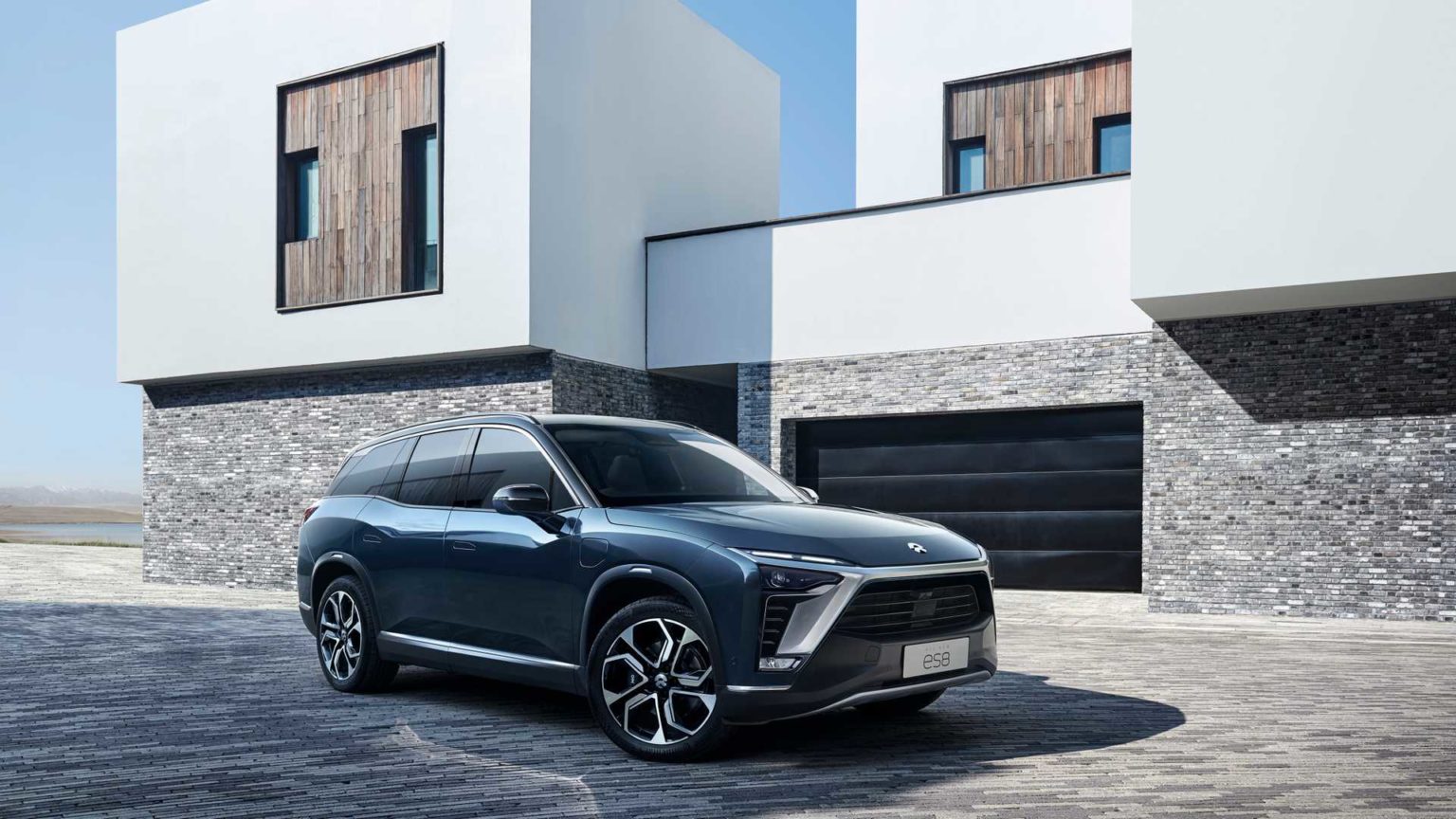NIO is one of the most exciting manufacturers of Chinese electric cars on the scene along with BYD and BYTON, among others. The firm, which currently has three models for sale (the electric SUVs ES6, EC6, and ES8, to which should be added the production version of the hypercar EP9, which is not yet for sale), has passed in the recent times due to a series of economic difficulties, which are close to an end.
Due to the recession in the local market, NIO experienced a challenging year in 2019, with low sales levels that led to losses valued at several billions of dollars. The flat rate of production, the high cost of manufacturing its vehicles, and a call for a massive overhaul that affected 20% of all the cars it had produced. The ingredients for the disaster were served.
To this should be added the rejection of the government of the Chinese city of Zhejiang to NIO’s plans to build a factory in the region. Something similar happened with the Huzhou city government, where NIO was studying the construction of a second plant with a capacity of 200,000 vehicles per year. According to the assessment made by the authorities, the investment would pose a high risk, which led to the end of the negotiations.
Stopping its production for several months following the coronavirus crisis only made things worse for the electric car maker. However, their future is now a little brighter, as it has received a $1 billion injection by the state-owned construction company Hefei City Construction and Investment Holding. On paper this should allow the company to overcome all its financial problems.
Despite the global pandemic, NIO has seen its sales increase by 11.7% in March compared to the same month in 2019. With a total of 1,500 units delivered, everything seems to indicate that little by little the Asian manufacturer begins to see the light at the end of the tunnel. Something that will help the fact that the Chinese government has decided to rebate electric cars that have battery change systems, a technology that NIO has long defended.
This same year NIO has started selling the restyling of its ES8 model, which has also released a new 100 kWh pack (in 2018, it was offered with 74 kWh batteries, which were updated to 80 kWh in 2019). The pack can also be installed in previously manufactured units: owners will have to pay about $5,000 for the operation or rent the new batteries for about $100 a month.
Nor should we lose sight of the arrival of the EC6 above, the “coupe” version of the ES6. This ambitious model promises a maximum autonomy of 613 km NEDC thanks to the 100 kWh pack. A very competitive figure similar to that of higher category models such as the BYD Han EV. Thanks to its advanced all-wheel-drive system, you will be able to do 0 to 100 km/h in 4.7 seconds.

